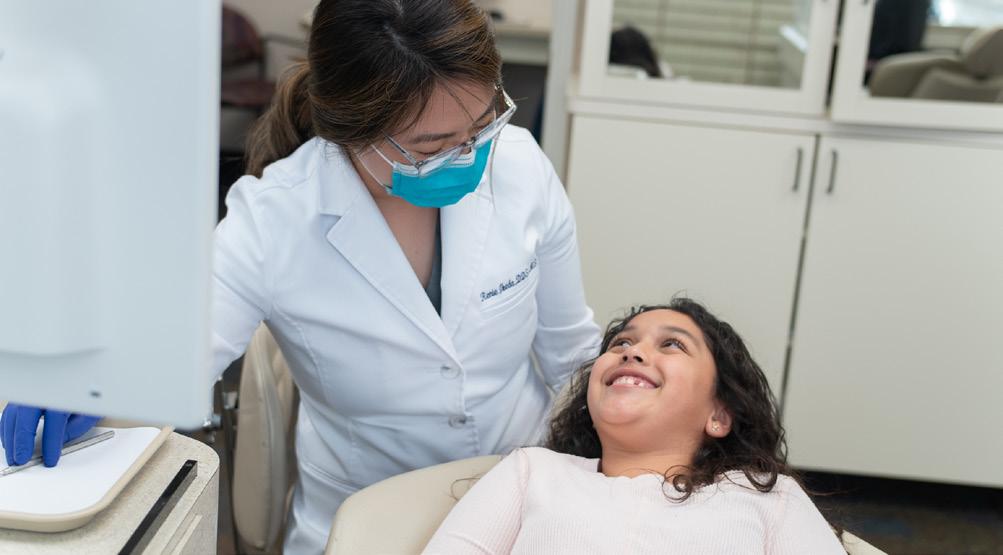
1 minute read
Good to Know Anxiety: Pre-teens and Teenagers
Written by: Alyssa Michel, MSW, LICSW Trauma Social Worker
WHAT IS ANXIETY?
While the term “anxiety” is used often, it is common for individuals to not understand exactly what it means. Anxiety is the feeling of worry or unease, which can be triggered by everyday situations, imminent events, or even sometimes unidentifiable reasons. Anxiety can be a typical reaction to stress. For example, an adolescent may feel anxious before taking a test or presenting a project. In those with anxiety disorders, the reaction is not temporary and can be overwhelming. In other words, while everyone experiences anxiety to some degree throughout their lives, it only becomes a disorder when the feelings interfere with one’s daily activities.
ANXIETY IN PRE-TEENS AND ADOLESCENTS
Many pre-teens and teenagers experience anxiety due to the emotional, physical, and social change that occurs during adolescence. Pre-teens and teenagers often seek new experiences as well as increased freedom, which naturally leads to anxious feelings regarding changes and challenges. While entering a new school or getting a first job may be exciting, it can also be anxiety-producing. That being said, it is important for parents to remember that anxiety is not always a negative thing. Feeling anxious can lead to increased motivation and focus, allowing pre-teens and teenagers to do their best and/or make better decisions.

WAYS TO HELP PRE-TEENS AND TEENAGERS MANAGE ANXIETY
Parents can help their pre-teens and teenagers manage anxiety by engaging in meaningful conversation, spending quality time together, and promoting healthy choices. It is also beneficial for parents to normalize anxiety. By validating and listening to your child’s worries, you may be able to better help manage their anxieties or aid in finding resolutions to problems. When pre-teens and teenagers feel safe and protected, they better able to cope.
Professional Help
In the event a parent does not feel equipped to provide the support their child needs, it is best to reach out to a licensed mental health professional. Many schools have a counselor or psychologist that is available to meet with students either on an as-needed or scheduled basis. If you are having difficulty finding support, it is recommended that you request a referral for mental health services through your child’s primary care provider.

















